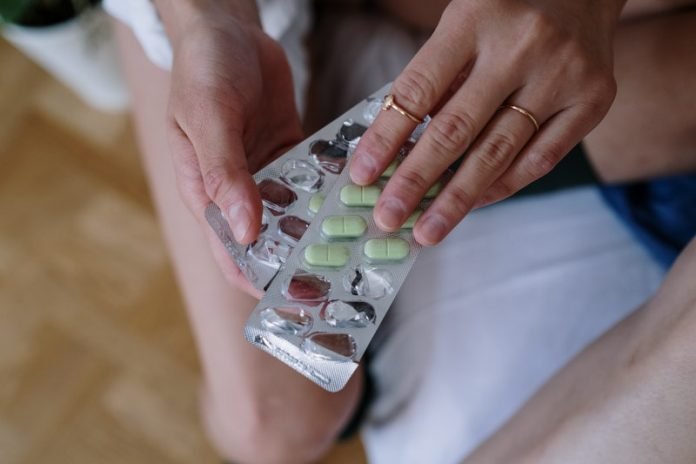
In a recent study published in the journal Gut, researchers found that regular use of acid reflux drugs, known as proton pump inhibitors, or PPIs for short, is linked to a heightened risk of developing type 2 diabetes.
And the longer these drugs are taken, the greater the risk seems to be. The researchers advise that people taking these drugs for 2 or more years should have regular blood glucose check-ups to screen for diabetes.
The study is from Sun Yat-Sen University. One author is Jinqiu Yuan.
PPIs are used to treat acid reflux, peptic ulcers, and indigestion. They are among the top 10 most commonly used drugs worldwide.
Long-term use has been linked to an increased risk of bone fractures, chronic kidney disease, gut infections, and stomach cancer.
In 2014, the global prevalence of type 2 diabetes was 8.5%, and the researchers wanted to find out if the widespread use of PPIs and the high prevalence of diabetes might be linked.
They drew on information supplied by 204 689 participants (176,050 women and 28,639 men) aged 25 to 75. During the average tracking period of around 9 to 12 years, 10,105 people were diagnosed with type 2 diabetes.
The team found those who regularly used PPIs were 24% more likely to develop type 2 diabetes than those who didn’t.
And the longer these drugs were taken, the greater was the risk of developing diabetes: use for up to 2 years was linked to a 5% increased risk; use for more than 2 years was linked to a 26% increased risk.
Further analysis showed that diabetes risk among PPI users wasn’t affected by sex, age, family history of diabetes, smoking, alcohol intake, diet, physical activity, high cholesterol, or regular use of anti-inflammatory drugs.
But it was higher among participants who weren’t overweight or who had normal blood pressure.
For comparison, the researchers also looked at the potential impact of H2 blockers, another type of drug used to curb excess stomach acid production.
Regular use of these drugs was linked to a 14% increased risk. Similarly, longer-term use was associated with a higher risk while longer time since stopping was linked to a lower risk.
A mounting body of evidence suggests that changes in the type and volume of bacteria in the gut (the microbiome) may help explain the associations found between PPI use and an increased risk of developing diabetes, the team says.
Owing to wide usage, the overall number of diabetes cases associated with PPI use could be considerable.
If you care about diabetes, please read studies about older men with this health condition are more likely to develop diabetes and findings of a better way to control blood sugar in diabetes.
For more information about diabetes and your health, please see recent studies about common diabetes drug helps reverse diabetic patients’ heart disease risk and results showing that heart attack, stroke risk declines in people with diabetes.
Copyright © 2021 Knowridge Science Report. All rights reserved.



